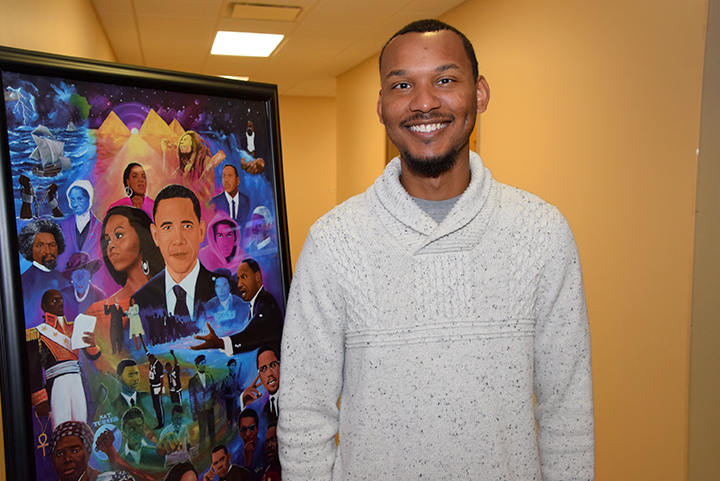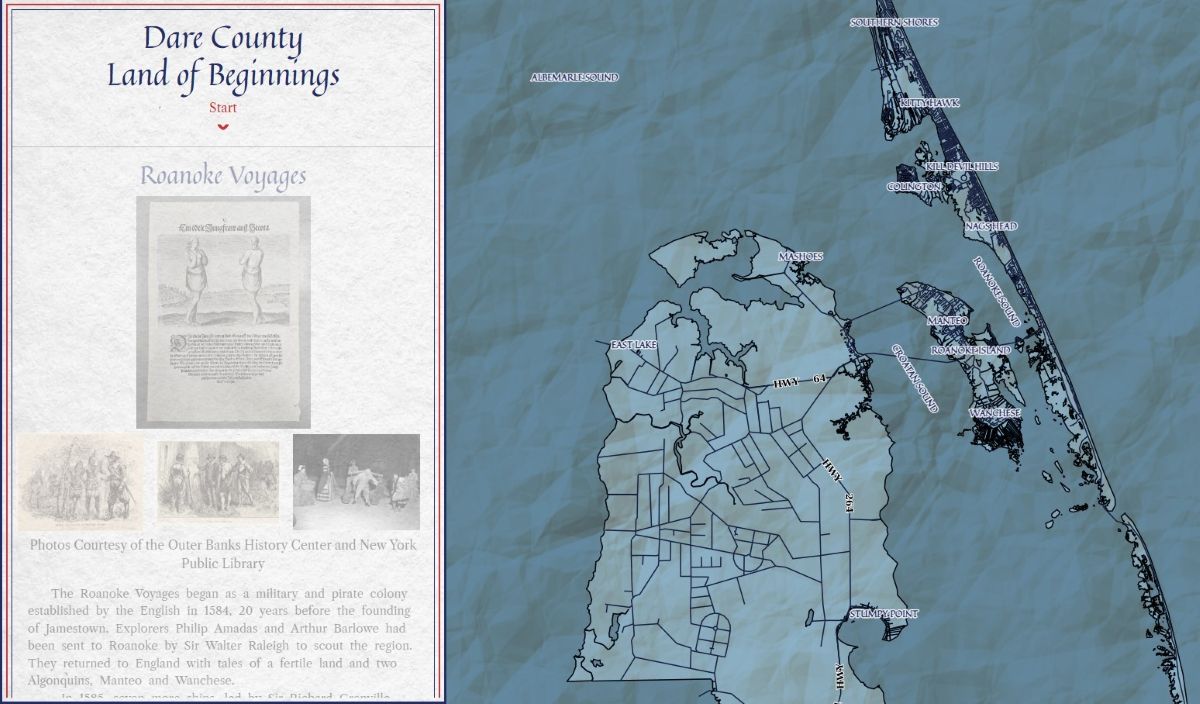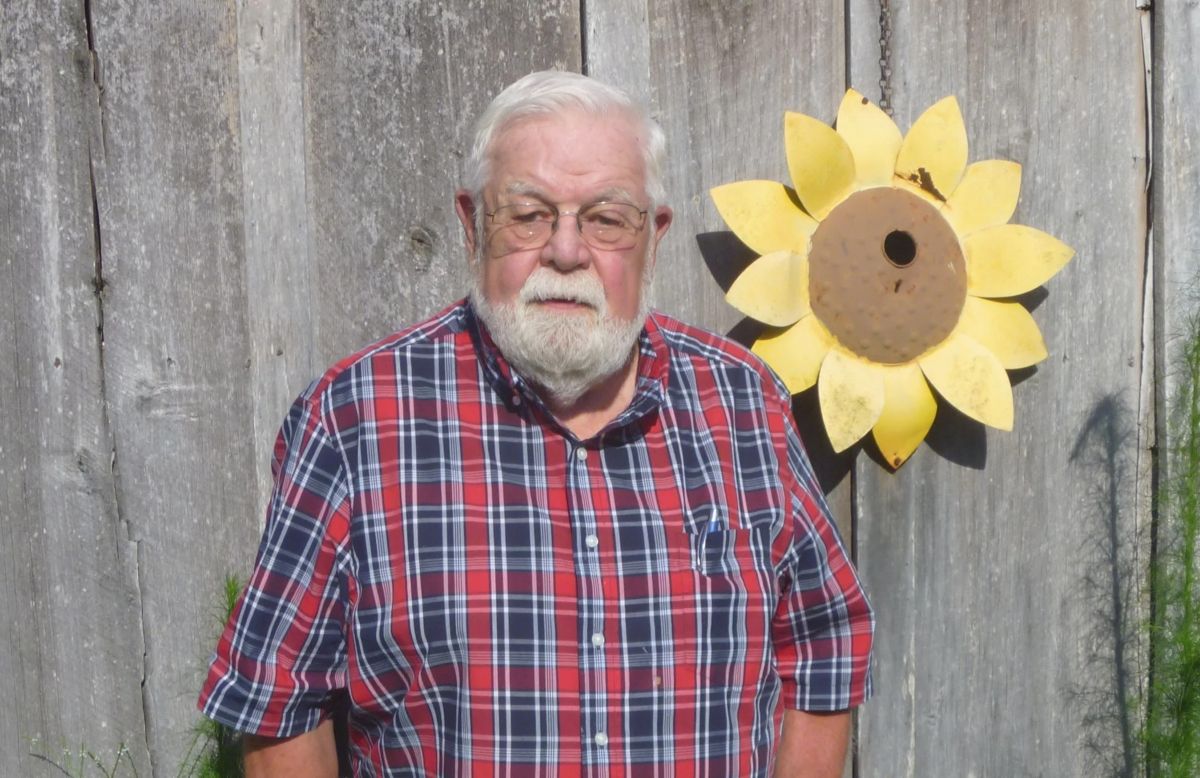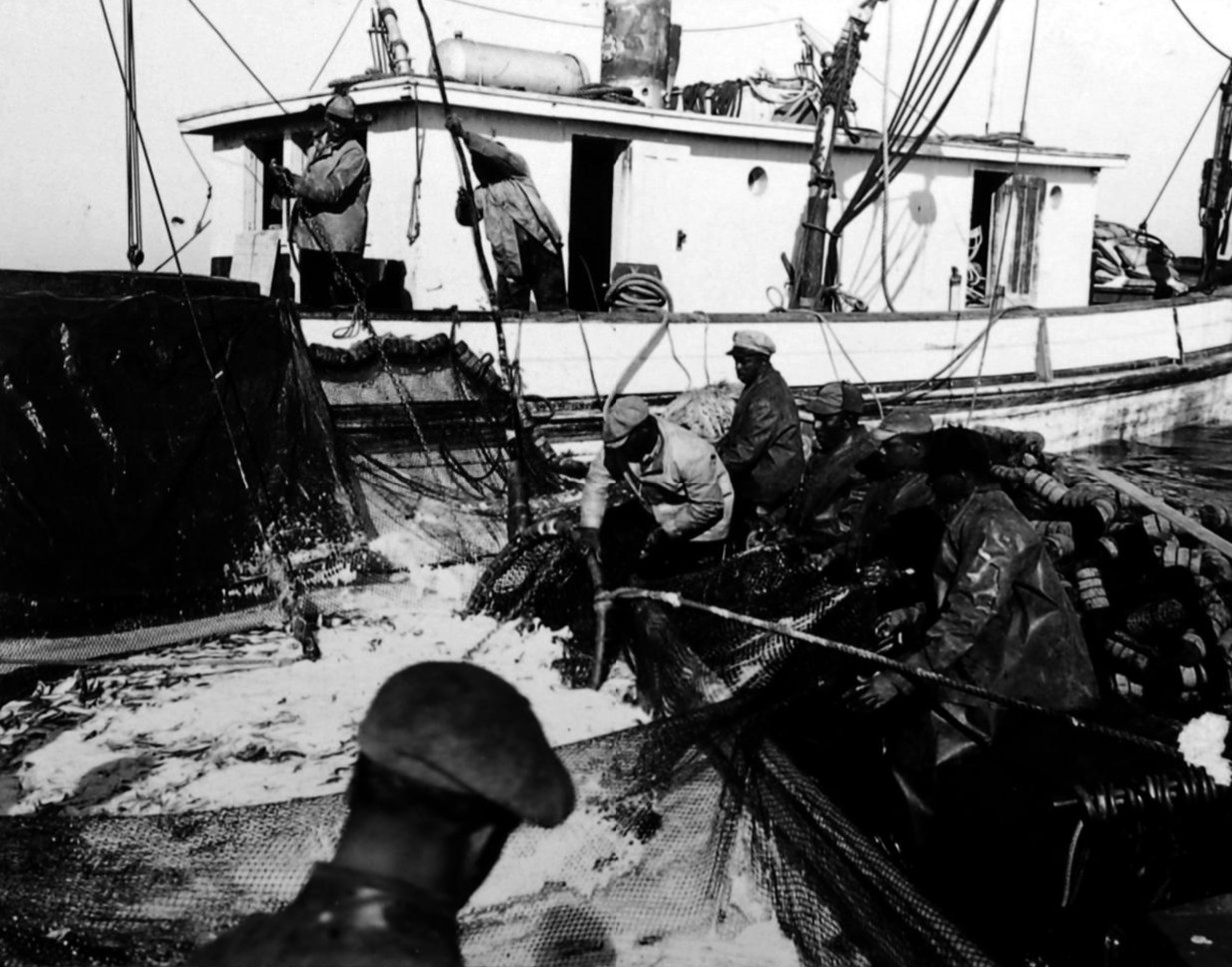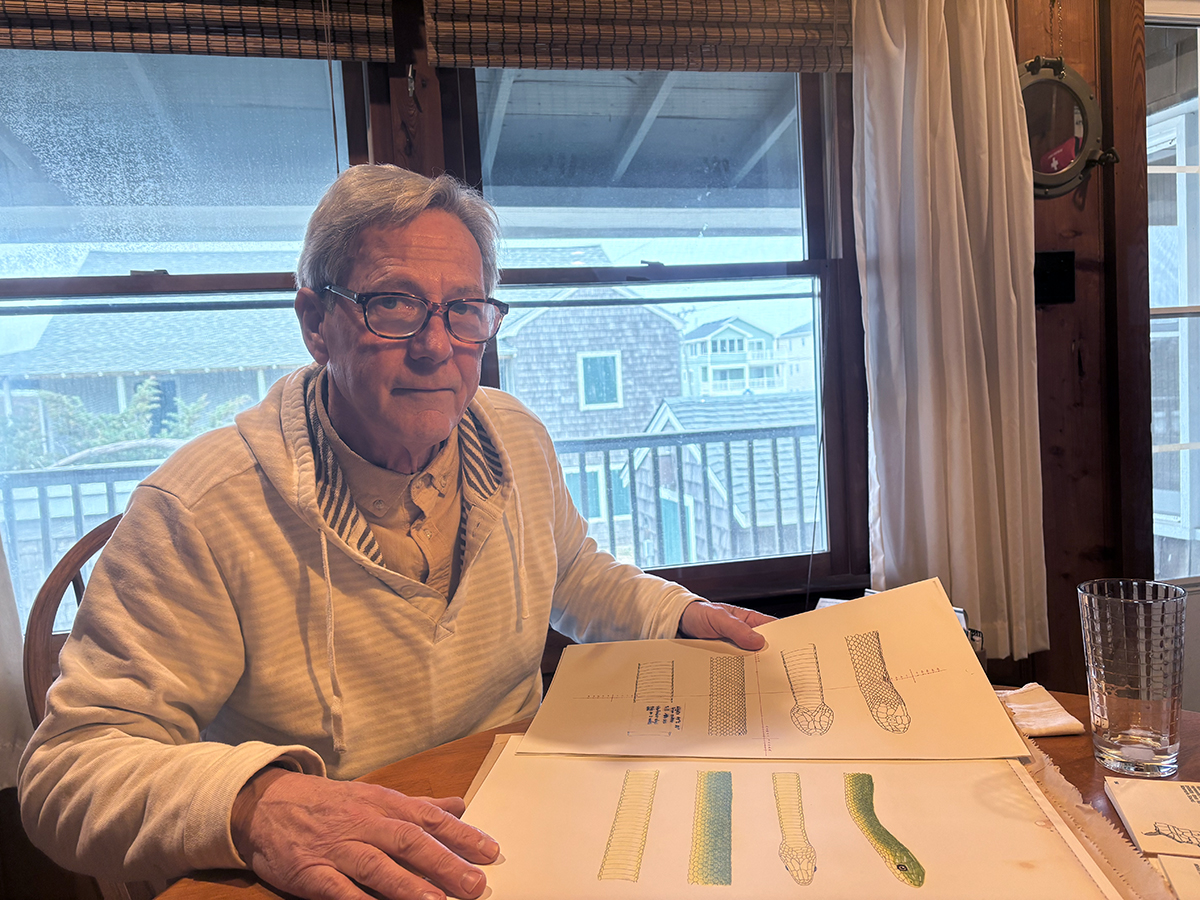First of two parts
Barnes Sutton was your typical military brat.
Supporter Spotlight
He made friends easily and enjoyed the different cultures to which he was exposed, all the while knowing not to get too attached as he hopscotched Army bases in the country and overseas with his parents and older brother.
That’s the life of a military kid. Make the most of where you’re at, but don’t expect to root yourself to one duty station, one town, one school.
Missouri. Germany. Texas. Fayetteville.
These are the places Sutton called home at one time or another by the time he was a young teenager.
Even when his father retired and moved the family in 2007 to La Grange, a small town in rural Lenoir County, Sutton’s time with his extended family and the new experience of living near grandparents, aunts, uncles and what seemed like a multitude of cousins lasted four short years.
Supporter Spotlight
He’s dropped anchor longest in Wilmington, where he moved in 2011 to attend the University of North Carolina Wilmington and is now, along with his girlfriend, raising the couple’s 3-year-old son.
But it’s in a much smaller town across the Cape Fear River, in what may seem the unlikeliest of places, Sutton wants to establish roots. A place where, for the first time in his life, the 27-year-old feels a deep connection with a community that gives him something special, something none of the other places he’s lived have afforded him.
He knew as much the day he interviewed for the job of Navassa’s planning and development director.
“When I first came in and interviewed, just seeing some of the art that was on the walls or some of the sayings that were on the walls, I was like, OK, I think this is where I’m supposed to be because I can now use what I’ve learned from being a kid moving all around, seeing different cultures, different communities, and be able to bring all of that here and help them accomplish what they want to accomplish and grow how they want to grow,” Sutton said.
Not for him
A little more than two years has passed since that job interview.
Sutton, tall and lean, sits in one of the cushy swivel chairs lining a long, modern conference table in his office in the Navassa Community Center.
His work desk is off to one side of the large, rectangular room. His framed academic degrees are propped neatly on the floor against the wall by his desk. There’s a white board on another wall and, opposite that wall, large, color-coded maps depicting the town’s various zoning districts and future projects.
The just-moved-in feel of the space is deceiving. Sutton was forced to move into this space after Hurricane Florence in September 2018 damaged town hall.
Neither this room nor this town was what he envisioned for his future when he stepped on UNCW’s campus as a freshman in 2011.
Sutton had applied to only one university with his sights firmly set on becoming a marine biologist, “like a lot of people at UNCW,” he said with a smile.
“I quickly realized that was not my thing,” he said. “I thought of it as dealing with animals and what I saw on TV.”
Class lectures that first semester were about ocean currents and temperatures, oscillation patterns and El Nino. These courses are designed to lay the foundation for understanding marine diversity. That simply did not interest a then 18-year-old Sutton.
There was, he came to accept during those first couple of months at the university, another issue.
“I got more and more scared of deep water as I got older,” he said. “I don’t know how that happened, but I was not scared of it at all at one point. But now, it just gives me the chills sometimes.”
By the time his second semester rolled around, Sutton went to his academic counselor to discuss his change of heart. Perhaps he should give entrepreneurship a shot, she suggested, seeing something in him he didn’t yet recognize. He signed up for an introduction to entrepreneurship course.
He was hooked.
“I really loved the way that they approached projects and how just their thinking was different,” Sutton said.
By his senior year, Sutton came to another realization. He wasn’t sure the private sector was for him. He liked working and interacting with people.
He took a public administration course his final semester of undergraduate school. That’s when he learned about UNCW’s Master of Public Administration Program, or MPA.
After graduating with two bachelor’s degrees, one in economics and one in political science, Sutton went on to graduate school.
Two years and a master’s degree later, he accepted in 2016 his first post-graduate job in Pender County’s planning department as a permit technician.
That following January, Sutton was promoted to full-time planner. He was one of five other planners, two of whom were fellow UNCW MPA alums, in the county office.
Sutton was working on a project involving a school when he first heard about a small town in Brunswick County looking for a planning director.
Despite living a short drive and a bridge from the town, he’d never heard of Navassa up to that point.
“I did some research on it and I kind of fell in love with the town,” he said. “I’d been moving around my whole life, so I never really got to know too much about anywhere I was. When I was reading about Navassa’s history and how far back it goes and how long these families have been here, I mean, going all the way back to the mid to late 1700s and you see some of the same last names carried through to now, that was very interesting to me.”
Being Barnes Sutton
What also lured him to the town was its demography.
Navassa is a largely African American community. A number of residents here can trace their ancestry back to enslaved West Africans forced to work on plantations in the area.
“This was kind of the opposite from a demographic standpoint of anything else really in the area,” Sutton said. “In the military, it was pretty well diverse because it was people from all over the world and then, even in La Grange, it was pretty well mixed.”
“When I was reading about Navassa’s history and how far back it goes and how long these families have been here, I mean, going all the way back to the mid to late 1700s and you see some of the same last names carried through to now, that was very interesting to me.”
Moving to Wilmington, he said, was a bit of a culture shock. At the time, UNCW’s student population was about 8% African American.
That was evident, he said, when classes began.
Consistently, he found he was the only black student in his classes. In the business school, political science courses, even general education classes, Sutton was the sole black student.
“That’s just how it was,” he said. “With 20,000 students and 8% being African American, if you bumped into another African American you made a point to go speak with one another because you didn’t see that all the time. In Wilmington, to a large degree, it’s kind of like that. You can go out any given night downtown or go to the beach and you just don’t see a lot of diversity. So, when I looked at Navassa and, I think at the time it was 72% African American from the 2010 Census data, that was just odd to me. I thought, I haven’t seen this anywhere, especially in this area.”
Navassa has, not to sound cliché, he said, been a place of liberation for him.
“Here, you are who you are,” Sutton said. “They just took me in. That’s when I was like, OK, this is an opportunity for me to kind of settle and put down roots that I haven’t had. I know at some point I’m going to move over here.”

